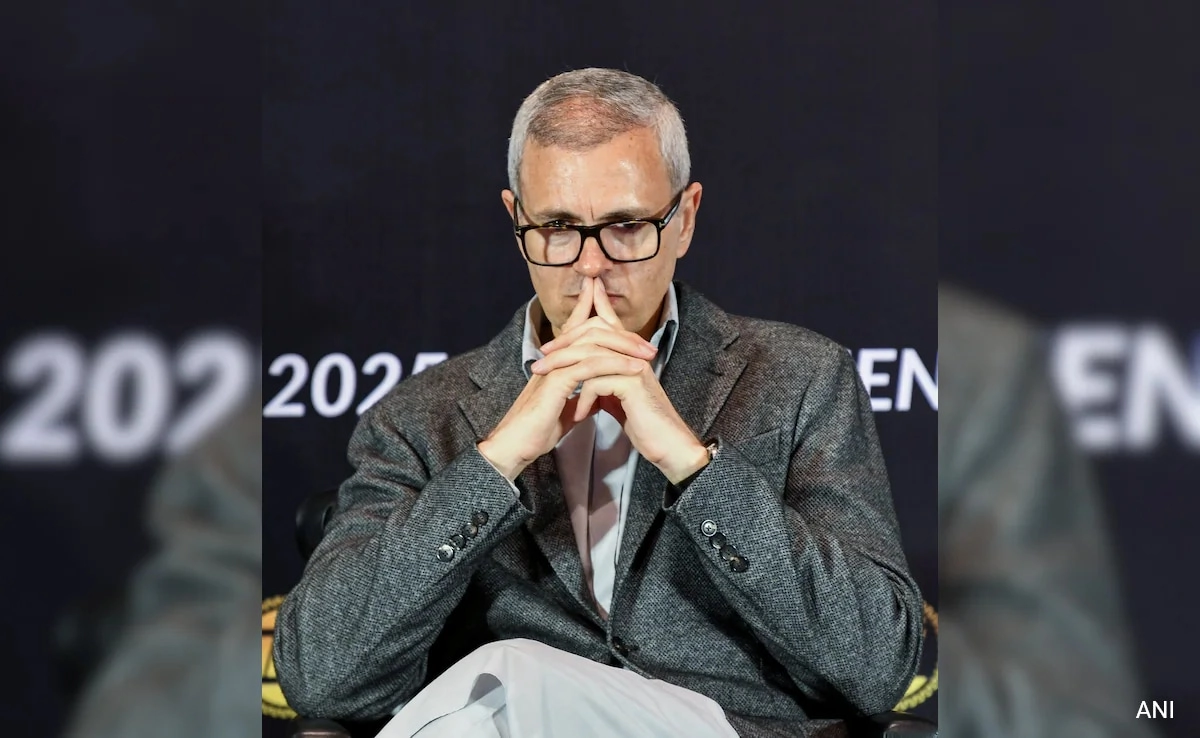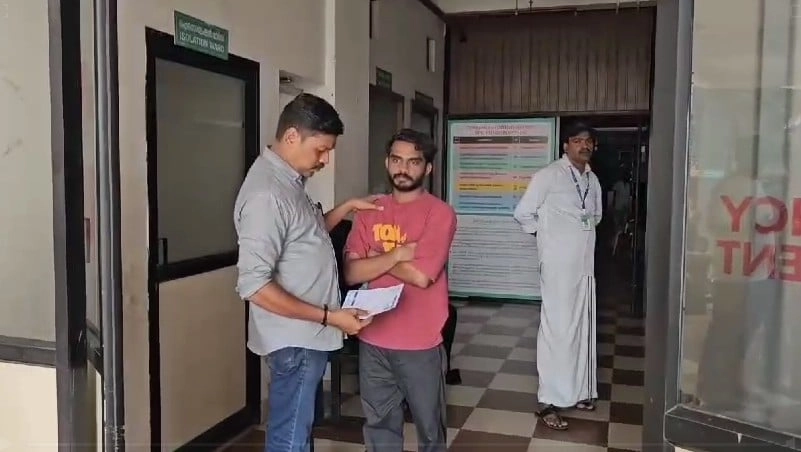Omar Abdullah, the former Chief Minister of Jammu and Kashmir, has publicly criticized the International Monetary Fund (IMF) for its decision to grant a $1 billion loan to Pakistan. His remarks come amid ongoing debates about the conditions and implications of such financial assistance. Abdullah’s criticism highlights a growing concern regarding the economic challenges faced by nations like Pakistan, which often rely on international funding to stabilize their economies. He questions the rationale behind the IMF’s decision, emphasizing the need for a more comprehensive approach to addressing the root causes of economic instability rather than providing temporary relief through loans.
Abdullah’s stance reflects a broader sentiment among critics who argue that financial institutions should enforce stricter conditions on loans to ensure that recipient countries implement necessary reforms. The concern is that without adequate oversight, such loans may not lead to sustainable economic recovery and could instead perpetuate a cycle of dependency on external funding. This situation is particularly relevant for Pakistan, which has struggled with various economic challenges, including high inflation, fiscal deficits, and a devalued currency. Abdullah’s comments serve as a reminder of the complexities involved in international financial aid and the responsibilities that come with it.
Moreover, Abdullah’s critique raises questions about the effectiveness of the IMF’s policies and their impact on the socio-economic fabric of the borrowing countries. Many believe that loans should come with stringent requirements that compel governments to adopt accountability measures and promote good governance. As Pakistan moves forward with its loan agreement, the implications of such financial assistance will be closely scrutinized by both local and international observers. Abdullah’s remarks underscore the importance of fostering a dialogue about the role of international financial institutions in shaping the economic futures of developing nations, advocating for a more equitable and responsible approach to global finance.




